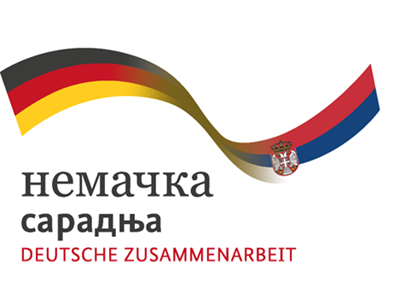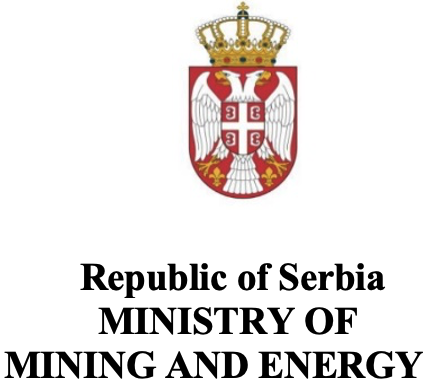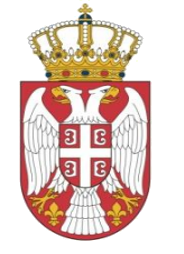Rehabilitation of District Heating Systems in Serbia – Phase V
A development project of the Republic of Serbia, co-financed by the Federal Republic of Germany through KfW



Lack of investment and maintenance in the past has left many district heating companies (DHCs) in Serbia in a poor state with oversized and inefficient boilers, degraded distribution systems with excessive losses of water and heat as well as old and mostly unregulated heating substations. Such situation leads to low system efficiencies and high operating costs.
On the customers side, the lack of installations for enabling control of heat consumption in addition to the poor level of energy efficiency result in a heat consumption which is higher than the real heat demand. By that, costs for district heat consumption exceed the customers affordability. Consequently, tariffs and revenues below cost-coverage weigh heavily on several DHCs balance sheet.
As the Serbian government emphasizes the importance to increase energy efficiency, it has passed crucial reforms during the last two decades. The general strategic framework is set out by the Energy Sector Development Strategy of the Republic of Serbia for the period by 2025 with projections by 2030. In accordance with this strategic document, since 2001, German Development Bank, KfW, and the Republic of Serbia represented by the Ministry of Mining and Energy, MoME, have been running rehabilitation programs of the District Heating Sector in Serbia that are focused on sustainable and efficient heat generation, decreasing of heat losses in the heat distribution network and demand side management.
This Project is the fifth phase of the DH systems rehabilitation programme in Serbia co-financed by KfW.
The Project comprises the rehabilitation of the District Heating Systems in up to 8 Serbian municipalities. The envisaged measures include construction or upgrading or replacement of heat generation facilities, replacement and/or extension of heat distribution networks, upgrading, replacement or installation of heat supply substations and installation, upgrading or extension of modern heat supply SCADA systems. It also foresees the introduction of measurements of heat consumption at end user level, which is linked with billing according to the supplied energy. Finally, an important project objective is institutional strengthening of participating DHCs.
